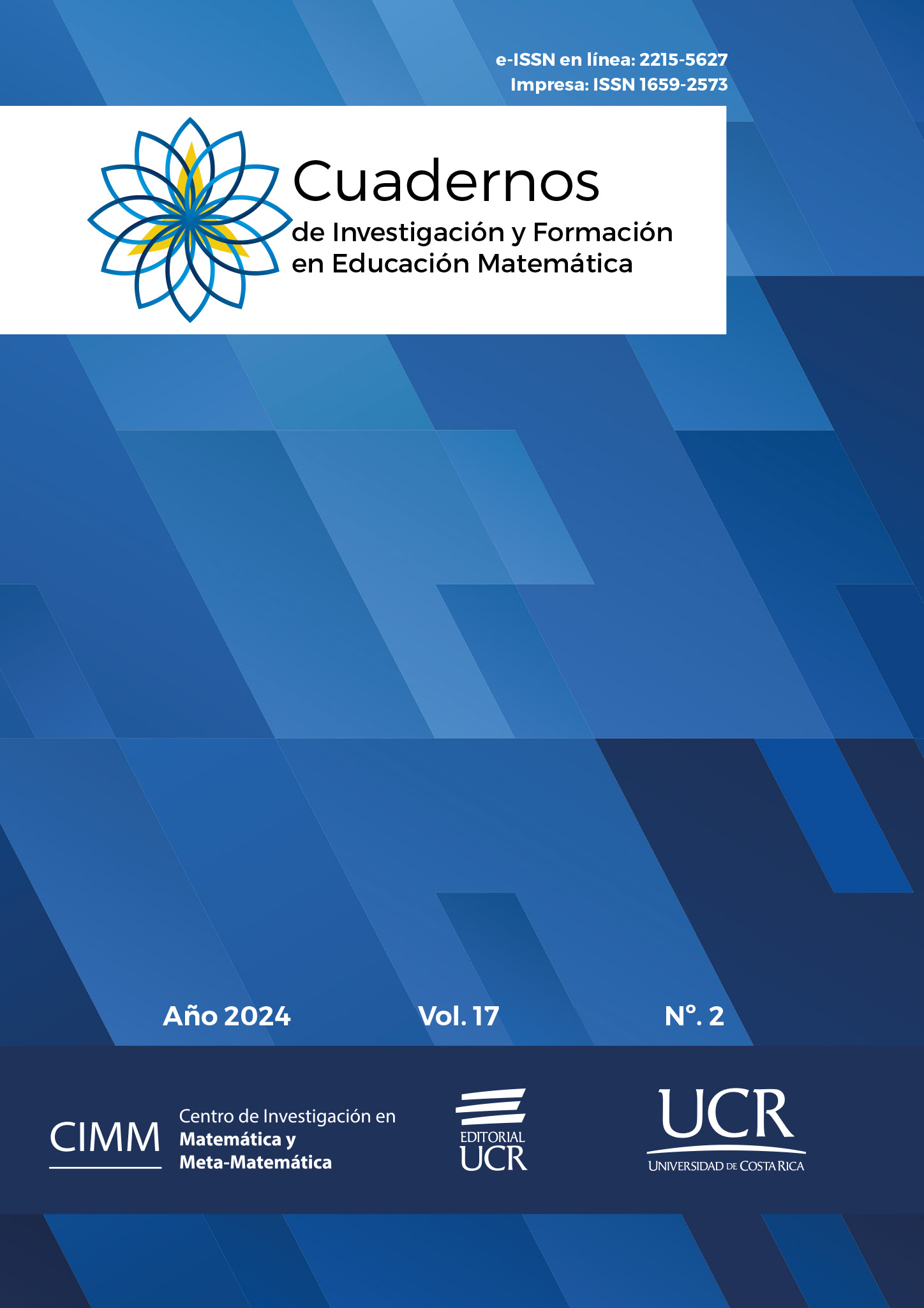Abstract
In secondary education it is common to observe deficiencies in different areas of mathematics, not only in content corresponding to the level being studied but also in content related to prior knowledge taught in general basic education. This article presents part of the results obtained in research applied to 30 10th grade high school students of the Panamanian public educational system with the objective of analyzing the errors they present when solving quadratic equations using the three methods contemplated in the curriculum: factorization, completing squares and the general formula, in light of Cury's error analysis.
To collect the data, a written test was applied, and interviews were conducted with six students, to understand the resolutions of the exercises of the applied test.
The main results showed that students have difficulty in applying the different methods due to poor skill in handling content corresponding to both the level they are studying, 10th, and previous content belonging to lower levels, the latter being the most predominant, mentioning, among them, the little skill in the use of algebraic language. It was also observed that they prefer to use the general formula instead of the other two methods, but they have deficiencies in the use of formulas. It is concluded that the errors presented by 10th grade students, although it is true that they indicate difficulty in the algorithms of the methods studied, the vast majority reveal deficiencies related to contents that are taught in general basic education, that is, in prior knowledge.



